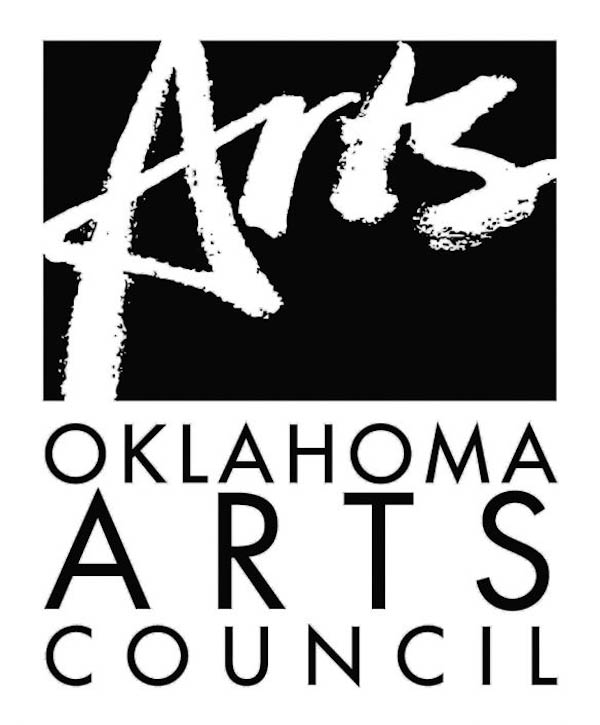Online Photo
Oklahoma Governor Mary Fallin aims to consolidate the Oklahoma Arts Council (OAC) and four other government-funded agencies under the Tourism and Recreation Department in an effort to save Oklahoma taxpayers’ money.
The Oklahoma Legislature proposed House Bill 2850 to reduce the Oklahoma Arts Council’s funding by 25 percent each year until 2018. If passed, this bill could render the OAC unable to support the approximately 400 programs they fund.
According to Oklahoma City news station KOCO, the Oklahoma Arts Council said the governor’s proposal could result in the “loss of $1.5 million in federal funding” for arts programs across the state, and “significant cuts in grants to non-profits, schools, libraries, and local and tribal governments.”
The Oklahoma Arts Council, which also supports art programs geared towards children, would leave thousands of children in Oklahoma and rural areas without access to the arts.
Jesse Thompson, a junior art student at Oklahoma Christian University, said it would be a mistake to defund the Oklahoma Arts Council.
“I know this pretty well because I came from a town where we did not really have arts,” Thompson said. “Oklahoma Christian was really my first introduction to the arts, and honestly I would not be where I am today without it.”
Should HB 2850 defund children’s art programs, David Crismon, chair and professor of art and design, worries it could have a negative effect on the children who benefit from free programs such as the Fairy Ball and the Magic Lantern Celebration.
“Children will not be able to experience the art culture because someone older than them like Mary Fallin decided the arts were not a priority,” Crismon said. “And they are not a priority because we don’t have enough money, and why don’t we have enough money? Well, because they probably mismanaged the money that they had somewhere else.”
Another concern with defunding the Oklahoma Arts Council is that children will not adequately learn the value of art and culture, Thompson said.
“In my art classes, we are being introduced to different methods of expression, different cultures and different ways to view the world,” Thompson said. “We are also taught to hold on to that creativity we had as children. Children today have those creativities, and if they are introduced sooner then they can hold on to it a little bit longer.”
If House Bill 2850 passes, Crismon expects that the art culture in the state of Oklahoma could be lost.
“I am just sick and tired of Oklahoma repeating the same philosophy,” Crismon said. “We need to come to the realization that crippling your arts is not the smart thing to do educationally, philosophically or even economically.”
Without Oklahoma funding art programs, Thompson said children and adults would lose an essential part of creativity if they cannot create and express themselves.
“The way I see it is that we have the arts; we are going to have a world filled with creators,” Thompson said. “And if we don’t have the arts then at some point everyone is going to end up like mindless robots – just going about their business from day to day.”
According to Crismon, cutting art funds would change the entire culture of the state of Oklahoma.
“You can’t stand up later and say, ‘Let’s cut funding for the arts’ and then think, ‘Well, how come nothing really cool is happening in Oklahoma City culturally?’” Crismon said. “We don’t have a good ballet, we don’t have good museums and we can’t take our kids to classes at the museums because we have cut all the funding for the arts.”
Cutting the funding, according to junior Clayton Brewer, might not be the wisest move for Fallin to implement.
“A concern of mine is the negative impact on culture in Oklahoma,” Brewer said. “I do know that whenever the state makes alterations or cuts to any program or department, someone won’t be happy.”
Without the arts being supported by government organizations like the Oklahoma Arts Council, Crismon anticipates a loss of business opportunity.
“We can’t figure out why large corporations don’t want to move out here because it is so cheap,” Crismon said. “They don’t want to move here because they look at the quality of life offered in states like Oklahoma. Big cities support their educational and creative communities because they understand it means good business.”
According to Crismon, it is the government’s job to educate its citizens on all levels of education, including the arts.
“The community gains by having its arts available,” Crismon said. “If the government’s job is to protect, nurture and educate its citizens on some level, then cutting funding seems like the wrong move. Show me where some other state has developed the model of cutting the funding for their arts, and their culture is the better for it.”
Brewer suggested that the Oklahoma government be better stewards of the money it already has.
“All the money the government has is taken through taxation of hard-working Oklahomans – that is the only way the government can raise money,” Brewer said. “Most Oklahomans who pay taxes would probably say they pay enough already, and would rather see the state operate more efficiently with the money they already have.”














Be First to Comment